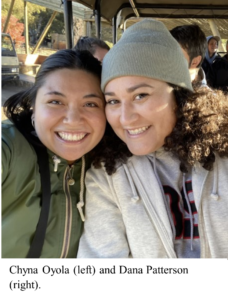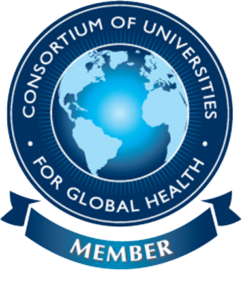By: Mira Garin
Dana Patterson, a Master of Public Health student concentrating in Health Management and Policy, recently returned to San Diego from her summer internship at Ikamva Labantu in Cape Town, South Africa. Rooted in a history of local activism aimed at responding to social injustices stemming from South African Apartheid, Ikamva Labantu (a Xhosa phrase meaning “Future of the People”) became a formalized non-profit organization in the 1990s as the system of Apartheid began to be dismantled. Ikamva Labantu aims at creating and supporting self-sustaining programs that span a wide array of community needs including senior activities, community kitchens, and support for community-owned microbusinesses. Funded by the Mundt Peace Scholarship, Dana supported staff at this grassroots organization with early childhood development programs known as Educare Centers as well as the after-school initiative known as Afternoon Angels.
Dana’s first task was to help resolve intraorganizational frictions at the Kwakhanya Educare Center that arose following changes in leadership and staff classroom assignments. These Centers often work most closely with uniquely vulnerable groups of children including those in foster care or from very low income families; ensuring that effective programs for supporting these children continued to run smoothly was of the utmost importance. Drawing on her graduate studies of the Burke Litwin Model of Change, Dana and her fellow SDSU graduate student intern Chyna Oyola proposed, implemented, and analyzed a climate survey to assess the needs of staff at every level in the Educare Center. Although they originally planned to translate the English-language survey into Xhosa so all staff would have equal access, there were not enough staff available to carry out a written translation. “Instead,” Dana explained, “the staff took it upon themselves to all sit in a room together and help the people whose primary language wasn’t English [to give] each other clarity on the questions and fill out the surveys independently.” The survey not only gave leadership an opportunity to mend bridges and identify improved ways to implement organizational changes moving forward, it opened lines of communication that had lain dormant. “Because we did it completely anonymously and the results were only shared in aggregate, a lot of [staff] felt comfortable fully disclosing how they felt.” With this new platform for voicing their concerns, “Some of the staff that hadn’t spoken to each other in years was now on speaking terms after the survey.” Dana and Chyna began designing methods to maintain these open lines of communication throughout the Kwakhanya Educare Center and prepared materials for the next wave of interns to be able to smoothly transition into this work.
Her second task was to help Afternoon Angels obtain sustainable funding sources. This community initiative began with mothers opening their homes to neighborhood children to provide safe after-school environments for those most at risk of physical and sexual abuse, substance use, and gun violence. With nutritious meals, creative activities, and sports programming for children aged 7-19, Afternoon Angels helps fill the extracurricular gaps that the schools in Cape Town’s townships such as Gugulethu are often unable to provide. Dana’s ongoing work experience ensuring children’s basic needs are met in San Diego made her uniquely qualified to support this initiative. At Rady’s Children’s Hospital, Dana works as a community health project specialist where she helps close care gaps for children, engage in health education for low-income patients, and secure funding for community health education events. Dana and Chyna created materials intended for use in funding applications such as a clear mission statement, a new logo and letterhead, and a brochure.
“Honestly, we were shocked at how much we were welcomed considering we are outsiders,” Dana recounted. Initially concerned that her presence as an American may put people ill at ease, Dana made it a point to regularly use what little Xhosa she was taught at any opportunity she could. “Every single place we went, it was like the gateway,” she explained. “One of the things I learned was that obviously with the Apartheid, a lot of people in these communities were always seen as less than and inferior. So anytime we saw anybody walking down the street or in the store, we always greeted them. It always went a long way. And now that I’ve come back [to San Diego], I’ve continued to do that, except I get funny looks here.”
This experience provided by the Mundt Peace Scholarship gave Dana the opportunity to build new interpersonal and professional relationships. “I feel like a different person,” she explained. “There’s a philosophy of ubuntu which means ‘I am because we are.’ It’s the sense of community that exists there and you very much feel it everywhere that you go.” Her work with Ikamva Labantu also reinvigorated her energy for work here in San Diego. “It’s so easy to get overwhelmed with our healthcare system, but to be able to see what an impact you can have with even little steps – it’s a big deal.”
Dana is currently leading a Sees Candy fundraiser for Ikamva Labantu that goes through October 2023.







